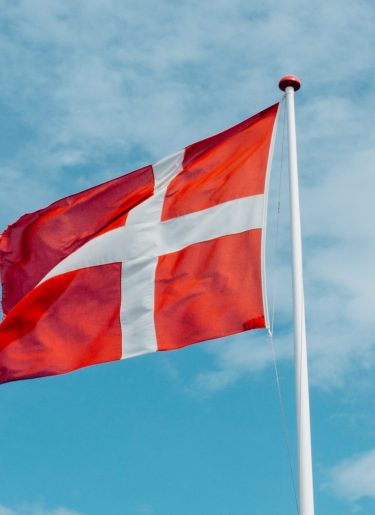
The Danish government will present a bill aimed at encouraging a more equal distribution of leave between men and women by earmarking a term of parental leave with maternity benefits for each parent. The bill is presented as part of the implementation of the EU Work Life Balance Directive, described here.
The government proposes introducing a right to ‘care leave’ of five days a year per employee, while ensuring employment law protection against dismissal in connection with this leave. The bill is also implemented as part of the implementation of the EU Work Life Balance Directive.
With this bill, the government will ensure better protection of working environment representatives against dismissal, so that the protection is on a par with the protection that applies to shop stewards in all cases. It is planned that the special protection will in future also apply in areas where there is no collective agreement for the person in question or in a similar professional area. In addition, the bill includes a proposal for the result of the Danish Working Environment Authority’s inspection visits to the workplace to be made public.
In 2019, an EU Directive on working conditions was adopted. Against this background, the government will present a bill that aims to ensure more transparent and predictable working conditions for workers. You can read more about the Directive here.
The government will present a bill aimed at facilitating access to full compensation for employees who have been exposed to violence in the workplace, with a special focus on employees who have been exposed to violence from a person they are employed to care for. The proposal is a follow-up to a parliamentary decision, in which possible solution models involved different insurance schemes, through which the employer can be insured.
The purpose of this bill is to implement new initiatives regarding governance in financial institutions, including by tightening the rules for management’s liability for decisions where there is an element of conflict of interest, and by regulating severance pay to directors of financial institutions.
This bill, together with a bill amending the Gender Equality Act, will aim to strengthen the current legislation so that it better supports a more equal gender composition in private and public institutions and in corporate management and boards of directors. A new provision means this will also include public authorities without boards of directors as well as the largest companies established under s60 of the Local Government Management Act. The change proposes stricter targets and policies for the underrepresented gender. The goal for the largest Danish companies is to work towards ensuring a gender ratio of at least 40:60 of women and men in management.
This bill will mean that women will be covered by the same rules and conditions (e.g. in relation to termination and right of withdrawal) as conscript men who voluntarily enter into an agreement on conscription military service.
The government will present a bill that follows up on the work of the working group on vulnerable foreign workers, including what obligations may be imposed on employers in relation to these workers.
The bill will make it possible, to an even wider extent than today, to restrict access to the names of public employees at particular risk, such as employees in prisons, in documents for their safety.
This bill opens up the possibility of new rules meaning that the Criminal Register would be required to inform the main organisations of sports and other voluntary associations if a ‘positive’ child certificate is obtained in connection with an employment or engagement process for a coach or volunteer.
The bill will include a strengthening of the prohibition on discrimination and harassment due to sexual orientation outside the labour market; it is also proposed to insert an explicit prohibition of discrimination on the grounds of gender identity, gender expression and gender characteristics in the Anti-Discrimination Act and the Gender Equality Act. Finally, it is proposed that the Criminal Code introduce clearer protection for transgender people and intersex people against hate crimes and hate speech.
The bill aims to postpone repayment deadlines for loan schemes for VAT established in connection with COVID-19, which fall due for payment in November 2021 and February 2022, until 1 April 2022. In addition, it is proposed that there be a temporary extension of the maximum duration of payment arrangements for tax accounts from 12 to 24 months.
For the many companies that have received taxable support through COVID-19 relief packages in the last few years, this bill aims at creating clarity and certainty about the deadline for tax payment. The tax deadline also needs to be clarified for those who have received taxable damages and compensation as a result of the ban on keeping mink.
This bill is intended to simplify the registration of co-maternity, the right to adopt a name corresponding to a transgender person’s gender identity and to determine transgender people’s parenthood in relation to their legal gender.
The government will present a bill that ensures the incorporation of the EU Road Package. This entails stricter requirements for companies wishing to carry out road transport activities, changes to the rules on pay and working conditions for drivers and regulatory control of the rules on working hours for mobile workers.
The entire government bill can be read here in Danish.